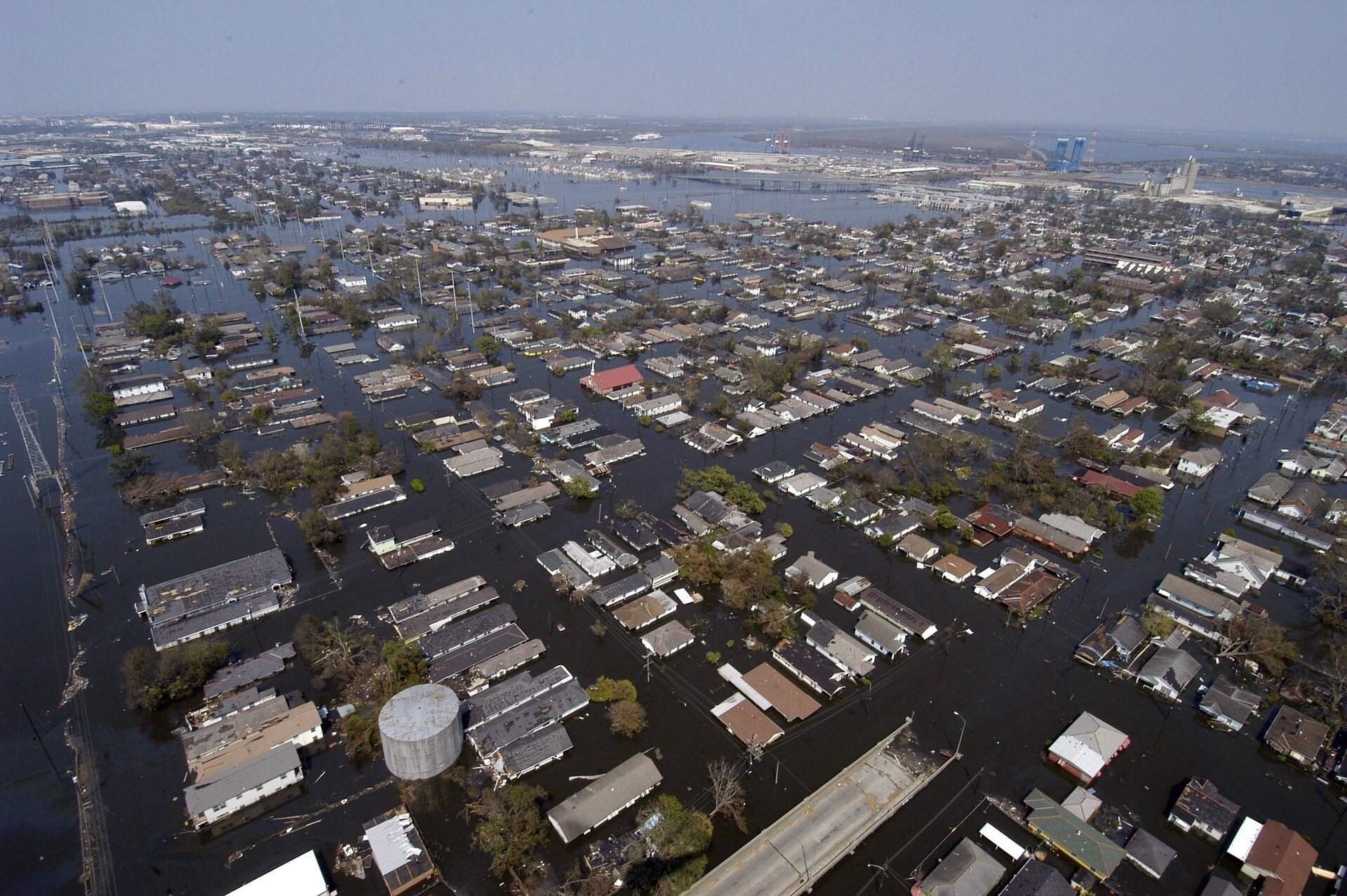How this British charity is helping homeless women find safe homes

The Women In Safe Homes (WISH) fund will buy and refurbish properties and rent them out to vulnerable women and their children during the Christmas period. Image: REUTERS/Andy Clark

Get involved with our crowdsourced digital platform to deliver impact at scale
Stay up to date:
United Kingdom
Domestic abuse is one of the leading causes of homelessness for women and children.
A new investment fund has been set up to help vulnerable women, including the homeless, ex-offenders and survivors of domestic abuse, find safe and secure homes in Britain.
The Women In Safe Homes (WISH) fund will buy and refurbish properties and rent them out to vulnerable women and their children who often struggle to find suitable accommodation, in a nation struggling with a housing shortage.
As well as generating a financial return from rental income and rising house prices, WISH aims to deliver social impact by partnering with charities to ensure the women receive support for their complex needs, such as emotional or legal help.
In particular it will focus on helping vulnerable women who find themselves spending prolonged periods in refuges, due to a shortfall of accommodation, find homes, said Louise Swinden, an investment manager at Resonance, a fund manager behind WISH.
"Private rent is more than what they can afford and there is discrimination in the private rental market as well, from landlords who don't want someone who may have benefits or may have support needs," she told the Thomson Reuters Foundation.
The fund, which is also managed by social investor Patron Capital, and coordinated by Big Society Capital, aims to raise 100 million pounds ($129 million) and will start making investments in April.
It aims to provide about 750 affordable homes, with its first partnership in place with Preston Road Women's Centre in Hull, in the north of England, to provide support services for women and their children.
Domestic abuse is one of the leading causes of homelessness for women and children with 1.3 million women experiencing domestic abuse in England and Wales in 2017-2018, according to government figures.
However, about 60% of all referrals to refuges were declined in 2016-17, normally due to a lack of available space, according to the charity Women's Aid.
"On average, women will leave and return to a violent relationship seven times before making a permanent break from the perpetrator, often because they are unable to access suitable housing and support," said Lisa Hilder, trustee and treasurer of Preston Road Women's Centre.
The fund will buy a range of properties, from new apartments to empty homes.
WISH is part of a wider trend among investors of backing organisations run by or supporting women, known as "gender lens" or "gender smart investing".
In a similar scheme, Community Capital Management, an impact investor in the United States, has loaned money to an organisation that provides homes to women who are victims of domestic abuse and violence in New York.
Don't miss any update on this topic
Create a free account and access your personalized content collection with our latest publications and analyses.
License and Republishing
World Economic Forum articles may be republished in accordance with the Creative Commons Attribution-NonCommercial-NoDerivatives 4.0 International Public License, and in accordance with our Terms of Use.
The views expressed in this article are those of the author alone and not the World Economic Forum.
Related topics:
The Agenda Weekly
A weekly update of the most important issues driving the global agenda
You can unsubscribe at any time using the link in our emails. For more details, review our privacy policy.
More on Global RisksSee all
Gareth Byatt and Ilan Kelman
March 11, 2024
Andrea Willige
March 6, 2024
Richard Aster
November 15, 2023
Ian Shine and Rebecca Geldard
November 14, 2023
Andrea Willige
October 26, 2023
Simon Torkington
September 14, 2023






